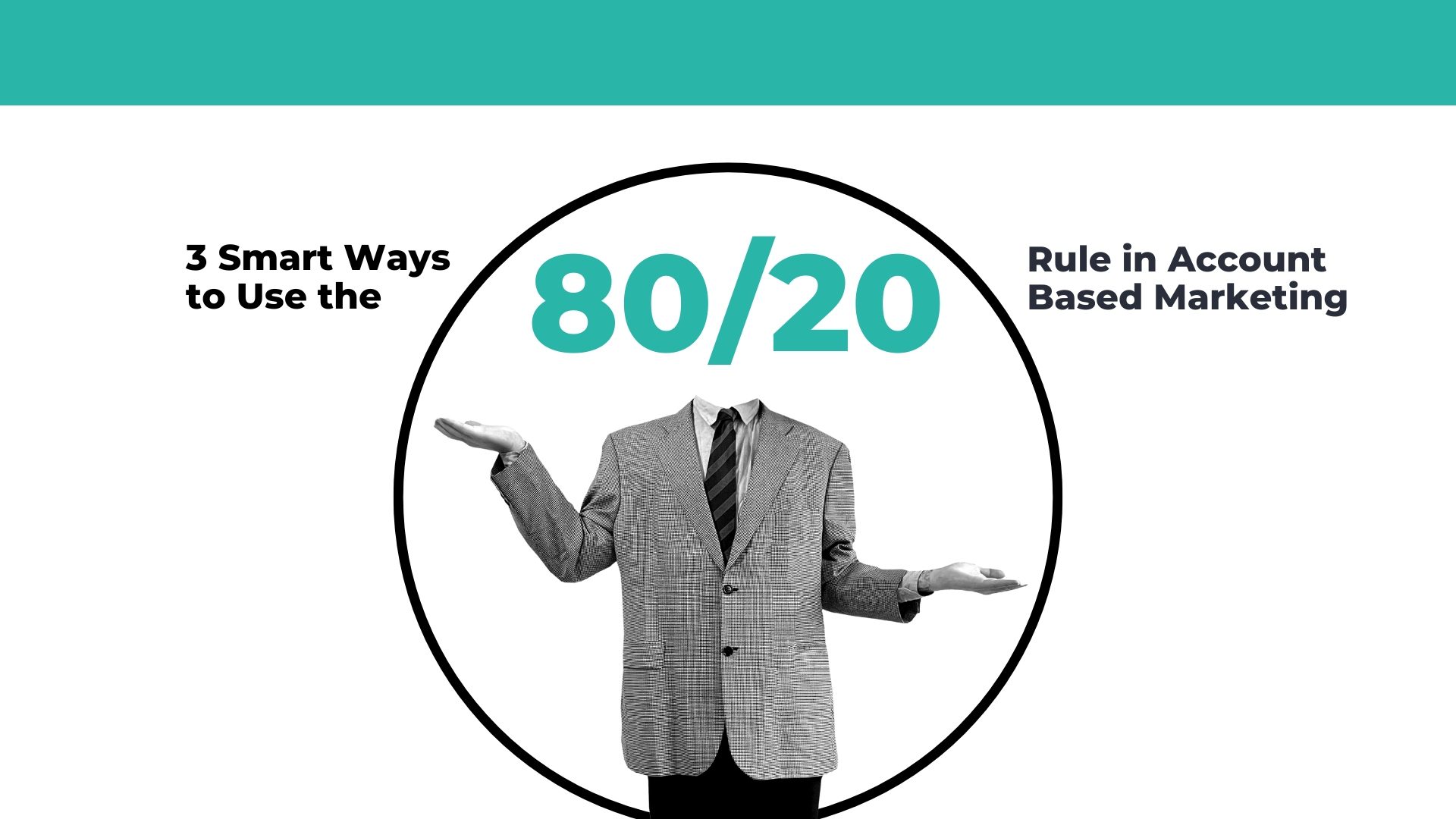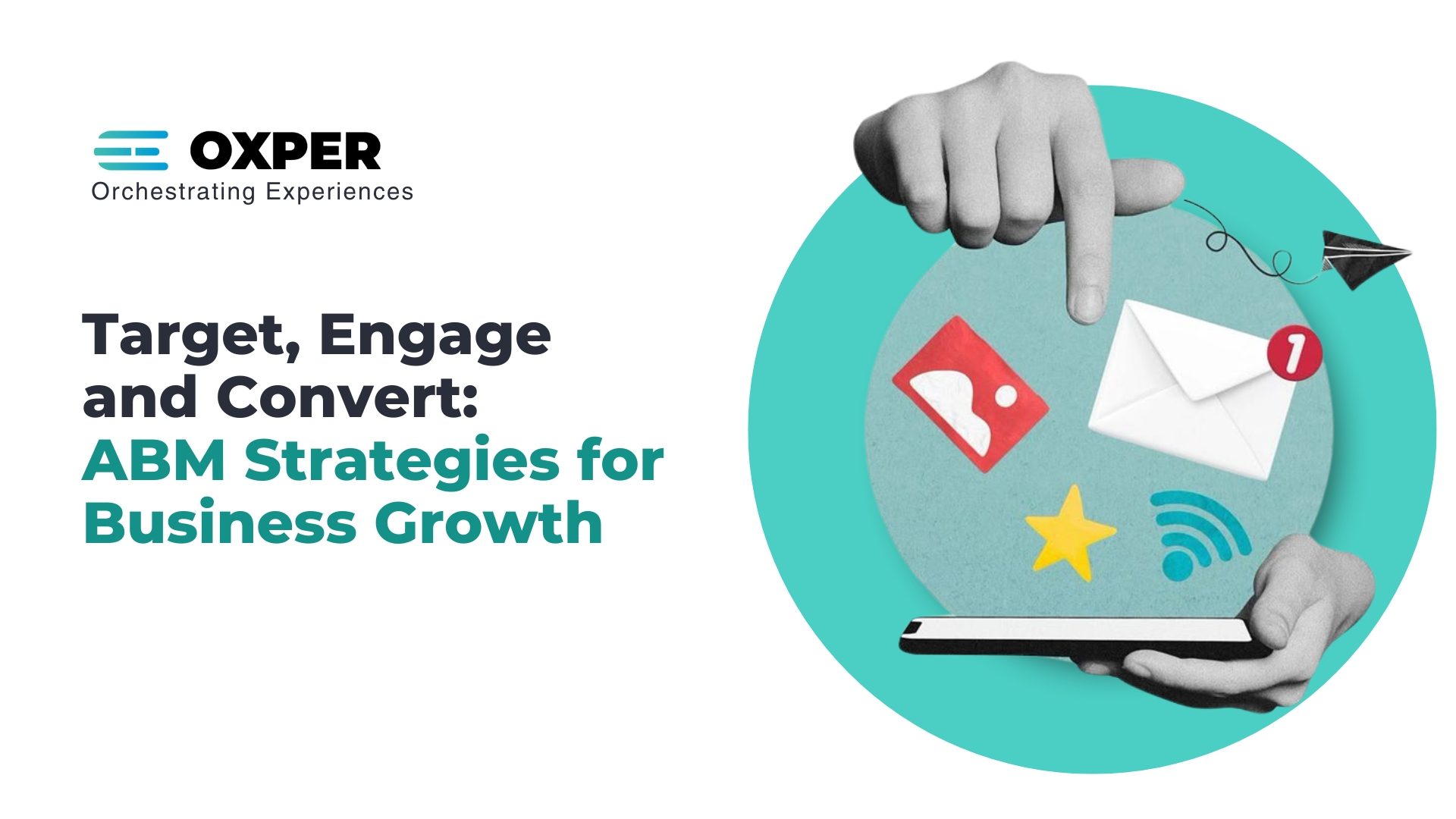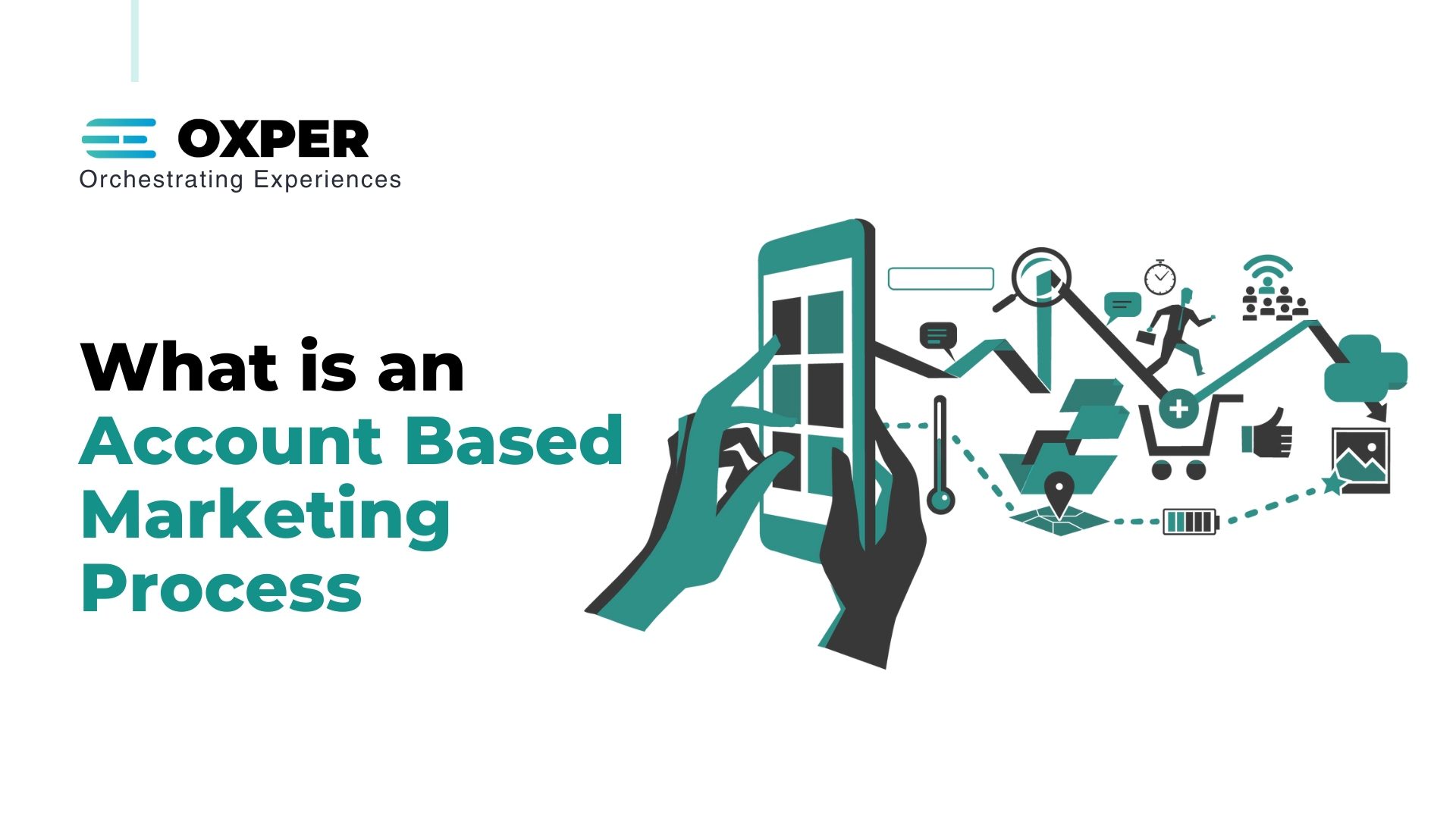Recruitment marketing is no longer just about putting up a job post and waiting for the right candidate to apply. Over the past decade, the recruitment landscape has undergone a massive transformation. From traditional hiring practices to data-driven strategies and marketing automation tools, recruitment marketing has become smarter, faster, and more candidate-centric.
Let’s dive into how recruitment marketing has evolved and what it means for your hiring strategy today.
Shift from Traditional to Digital Platforms
A decade ago, recruitment marketing depended on print classifieds, internal referrals, and offline job boards. Today, it is dominated by digital platforms.Organizations are now using online job postings, LinkedIn, Instagram, and even TikTok as means of recruiting talent. Social media recruitment is no longer a trend— it is a requirement. It provides recruiters with the opportunity to source talent where they are, to engage passive candidates, share employer branding, and provide better quality applicants via campaigns.Key Highlights:LinkedIn has become the platform for B2B and tech hiring. Social media content (employee testimonials, culture videos) helps recruit top talent.Digital or social media recruiting provides better targeting and reach than traditional media.
Data Driven Decision Making
Due to recruitment analytics, hiring is no longer a guessing game. Organizations can now use data to write better job ads, monitor the candidate journey and measure their ROI of hiring campaigns.Data enables teams in HR and marketing to understand the platforms that yield the highest quality candidates, the types of content job seekers respond to, and where bottlenecks in their hiring funnel exist.
Benefits of Using Data in Recruitment Marketing:
- Strategies:improved candidate experience through customized outreach.
- Shortened time-to-hire and cost-per-hire.
- More strategic use of recruitment.
- Marketing budgets, discussion of continuous performance tracking and optimization.
Rise of Recruitment Marketing Automation
In recent years, the advent of recruiting marketing automation has revolutionised the recruitment landscape, allowing recruiters to leverage technology to recruit and engage candidates.
From automated job advertisements to artificial-intelligence enabled chatbots engaged in conversations with candidates, automation tools have provided a simplified way to engage with previously complex processes.
Recruiters are using automated workflows to send out follow-up emails to candidates, and to book interviews with candidates, amongst many other aspects of nurturing talent pools. All this will truly save you time with recruiting while still providing a highly engaged experience.
Benefits of Automating in Recruitment Marketing:
- Smarter and quicker communication.
- Consistent messaging at each stage of engagement.
- More streamlined talent pipeline management through acquisitions such as CMRs.
- Easy scaling of recruitment marketing campaigns.
Conclusion
The evolution of recruitment marketing reflects the extent to which the world of hiring has evolved with technology, data, and candidate expectations. Companies that remain proactive – investing in digital, utilizing data, or automating recruitment processes – will win the best candidates in the market with relative ease. Need someone to help you create a recruitment marketing strategy that works?
FAQS
Q1. How has recruitment marketing evolved over the last decade?
Recruitment marketing has shifted from traditional methods like newspaper ads to digital platforms, data analytics, and marketing automation, making the process more targeted and efficient.
Q2. What role does digital transformation play in modern recruitment marketing?
Digital transformation enables companies to reach wider audiences, personalize communication, and measure the effectiveness of recruitment efforts through various digital tools and platforms.
Q3. Why is employer branding important in recruitment marketing?
Employer branding helps attract top talent by showcasing company culture, values, and employee experiences, which influence a candidate’s decision to apply or accept an offer.
Q4. How can data analytics improve recruitment marketing strategies?
Data analytics provides actionable insights that help improve job ad performance, streamline hiring funnels, reduce costs, and make informed decisions about recruitment channels.
Q5. What are the benefits of using automation in recruitment marketing?
Automation increases efficiency, reduces manual tasks, ensures consistent communication, and helps manage candidate relationships more effectively throughout the hiring journey.





